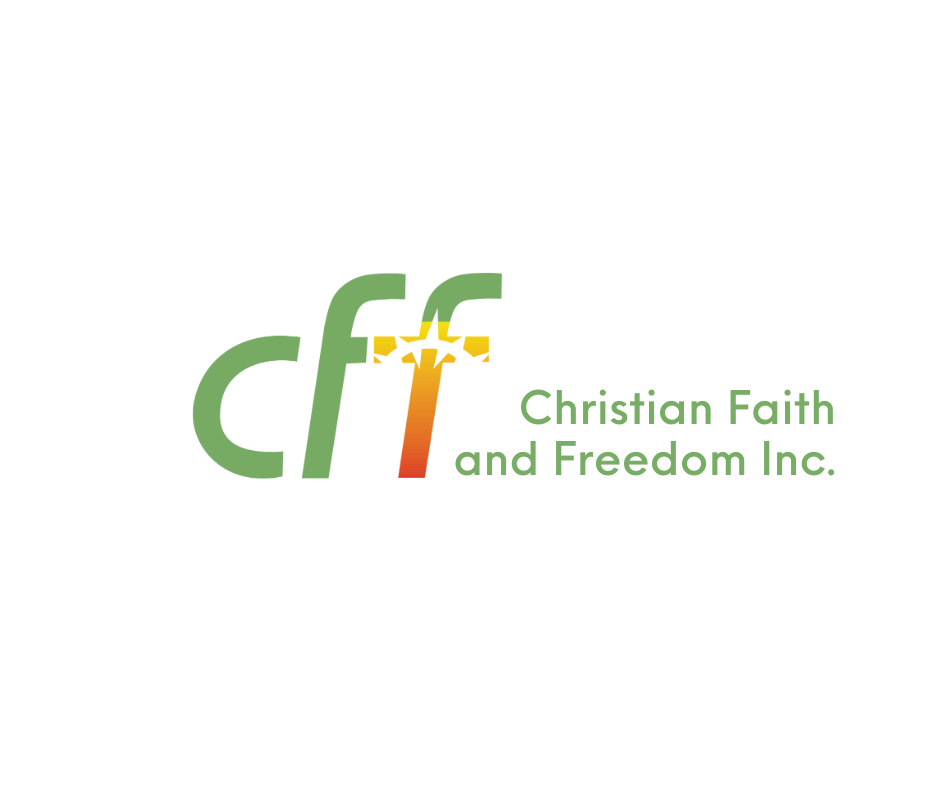COLOMBIA
Almost all Colombians identify as Christian. According to the 2018 census, the Colombian population is 73.7 percent Roman Catholic, and roughly 16 percent Protestant (mainline, evangelical, Pentecostal and others).
Colombia’s constitution provides for religious freedom and prohibits discrimination based on religion.
Persecution of Christians comes in two forms:
persecution perpetrated by illegal armed groups;
persecution of indigenous converts to Christianity living on indigenous reserves.
Persecution by illegal armed groups.
Colombia has been at war with itself for many decades. In 1958 a decade of horrendous political violence and civil war ended when the Conservatives and Liberals agreed to form a unity government and ban all other parties. Excluded from the power-sharing agreement, communist guerrillas took up arms and by 1968 conflict was raging.
For background to the conflict see:
Colombia’s Civil Conflict
Backgrounder by Claire Felter and Danielle Renwick, Council on Foreign RelationsColombian Armed Conflict
Justice for Colombia
As Christopher M. Hays writes for Christianity Today (28 October 2020), “In late 2016, for a brief moment, the international community thought that the violence might be nearing an end as a delegation from the FARC (Fuerzas Armadas Revolucionarias de Colombia) guerrillas signed peace accords with the government of then-President Juan Manuel Santos.
“Cameras flashed. Santos got a Nobel Peace Prize. And the killings continued.
“Year to date [Jan to Oct 2020], there have already been 68 massacres in Colombia. Since the peace accords were signed in Havana, Cuba, more than 440 community leaders have been murdered. Many of these community leaders are themselves pastors, whose resistance of violence and advocacy in favor of dispossessed campesinos (rural farmers) put them in the crosshairs of armed groups. . .”
The US State Department 2020 report on international religious freedom says of Colombia: “There were continued media and NGO reports that illegal armed groups killed and threatened community leaders, including members of religious groups, and targeted them for extortion. . .
“NGOs and church representatives reported that illegal armed groups continued to kill, threaten, or displace religious leaders for promoting human rights, assisting internally displaced persons, assisting with land restitution claims, and discouraging coca cultivation. . .”
For an excellent report on the situation facing Christians and churches in Colombia see Christian Solidarity Worldwide’s report of March 2021.
Recommended:
General Briefing: Colombia
Christian Solidarity Worldwide, 1 March 2021
Concerning persecution by illegal armed groups, Christian Solidarity Worldwide (CSW) writes that this form of persecution is common “especially in conflict zones or areas of the country with a significant presence of illegal armed groups.”
After noting that over the course of 50-years of conflict, hundreds of church leaders and have been targeted for assassination and churches extorted, CSW reports on the current situation:
“Dissident FARC-EP factions and other armed actors – all responsible for serious human rights violations – have expanded into territories historically controlled by the FARC-EP and vie for control of the illicit economies in these regions (namely relating to crops and mining). Illegal armed groups continue to enforce strict rules prohibiting free movement in areas under their influence. This results in regular infringements of freedom of assembly and FoRB [Freedom of Religion and Belief].
“Illegal armed groups on both the left and right often perceive the presence of a strong or growing church as a threat to their authority. This has led to church leaders, particularly in rural areas, being targeted in a number in an attempt to force them to cooperate; a strategy to bring entire communities under their control.
“Between 2015 and 2018 12.6% of religious leaders in Bogotá reported receiving death threats, 4.1% faced extortion and 3.9% had been threatened with kidnapping because of their religious activities or beliefs. CSW has received reports that the various groups attempt to co-opt church funds by extorting churches, church leaders and church leaders’ families. Religious leaders sometimes refuse to comply with extortion demands out of moral conviction, despite the risks.”
In November 2020, Christian aid group Voice of the Martyrs (VOM) received reports that paramilitary groups had forcibly closed at least 60 churches throughout Colombia’s northern states of Antioquia, Bolívar, Chocó and Córdova.
“Many of these churches and the homes of pastors were tagged with the initials of the Gaitanista Self-Defence Forces of Colombia (AGC) paramilitary group, which is Colombia’s largest drug-trafficking organisation. Many of the congregations also received official letters from the AGC threatening them and directing them to close. Other pastors were kept from holding church services or from visiting the homes of parishioners.
According to a VOM field worker in Colombia, “It appears that the graffiti marks on churches or pastoral homes is about the AGC marking their territory. There are several armed groups fighting for control in the region, including FARC dissidents and a Mexican drug cartel.”
Persecution of indigenous converts to Christianity living on indigenous reserves.
CSW reports: “Members of indigenous communities who have converted to other faiths or no faith and away from the religious beliefs and practices promoted by their leaders face suffering and severe discrimination within their communities, including threats of forced displacement or being excluded from receiving certain benefits by indigenous authorities, generally known as ‘cabildos’. . .”
As CSW explains, these violations are rooted in 1998 Constitutional Court ruling that “upheld the right of traditional authorities to enforce the observation of and participation in traditional religious beliefs and practices on indigenous reserves. . .”
Consequently, indigenous governors have the right to prohibit the practice of any religion they deem “non-traditional” on indigenous reserves. Converts to Protestant Christianity suffer serious discrimination in education and serious persecution, including being arbitrarily detained, violently attacked, and forcibly displaced.
As CSW concludes, what this means is that “when it comes to religious freedom, indigenous Colombians do not enjoy the same rights as the rest of the population.”

